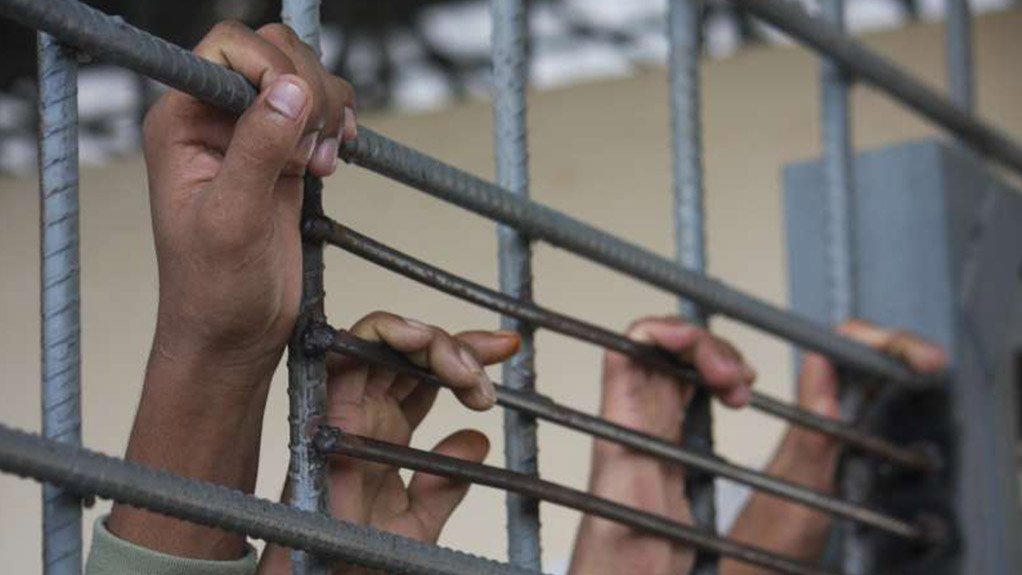Some South African Police Service members play a major role in perpetrating serious violent crime, the South African Institute of Race Relations (SAIRR) said on Wednesday.
"There are simply too many reports and too many allegations to reach any other conclusion," SAIRR chief executive Frans Cronje said in Pretoria.
He was releasing a report, titled "Broken Blue Line 2", a follow-up on the initial project released in 2011.
"Police officers will often use their policing powers, as well as official equipment, to perpetrate crimes. In the case of cloned officers, criminal gangs appear to benefit from internal support from real officers," said Cronje.
"It is with good reason that members of the public often do not trust the police and that some are even afraid of the police. South Africans can no longer be sure that when reporting a crime they are not reporting to a criminal in uniform."
Cronje said the criminal officers clearly showed their police identity to the victims.
"We don't see many cases where the police officers disguise themselves as normal criminals. The officers realise that their official status and the knowledge of that status to the victims mean the offence is less likely to be reported," he said.
"If they were run-of-the-mill robbers, chances are greater that the victims would fight back or try to shoot the assailants. When officers are involved there is a far greater degree of fear."
Cronje said women often fell victim to the rogue officers.
"We think there is a clear pattern that male police officers use their authority to force women to submit to their sexual demands."
He said many of the rape cases took place in police vehicles and stations.
"They detain young women under some pretence, rape her, and set her free. They rely on her fear to prevent the rape being reported and investigated," said Cronje.
"If you put yourself in the position of that young woman, to go and report it, you don't know if you are reporting to a colleague of the perpetrator."
He said police officers were hugely involved in business robberies, targeting mainly foreign-owned firms.
"They are involved in house and business robberies, cash-in-transit heists and carjackings. Often the robberies are on foreign-owned businesses because the victims might be concerned about their reporting the incidents as it might reveal their immigration status in the country,'' Cronje said.
"Broken Blue Line 2" covers incidents recorded from April 2011 to January 2015. The research was financed by civil rights group AfriForum.
Cronje said the researchers sought SA Police Service co-operation during the analysis, to no avail.
Regarding the methodology, Cronje said SAIRR analysts identified 100 cases of alleged police involvement in serious and violent crimes.
"These 100 cases studies were written up and then analysed in order to look for trends or patterns of behaviour," he said.
"We then tested those results against two sources of information on disciplinary action against police officers implicated in criminality."
According to the report the 100 cases were just the "tip of the iceberg".
The 2011 study found that police involvement in serious and violent crime was not limited to isolated incidents, but was part of a general pattern of behaviour across the country.
On Wednesday, AfriForum's head of community safety Ian Cameron said police commissioner Riah Phiyega must be axed.
"The first thing we ask for is less political interference in the police. It is probably the biggest problem we have. We have got incompetent people in the police," Cameron said.
"I think the police need to start being honest about what's going on. It is obvious there is a problem."
EMAIL THIS ARTICLE SAVE THIS ARTICLE
To subscribe email subscriptions@creamermedia.co.za or click here
To advertise email advertising@creamermedia.co.za or click here











